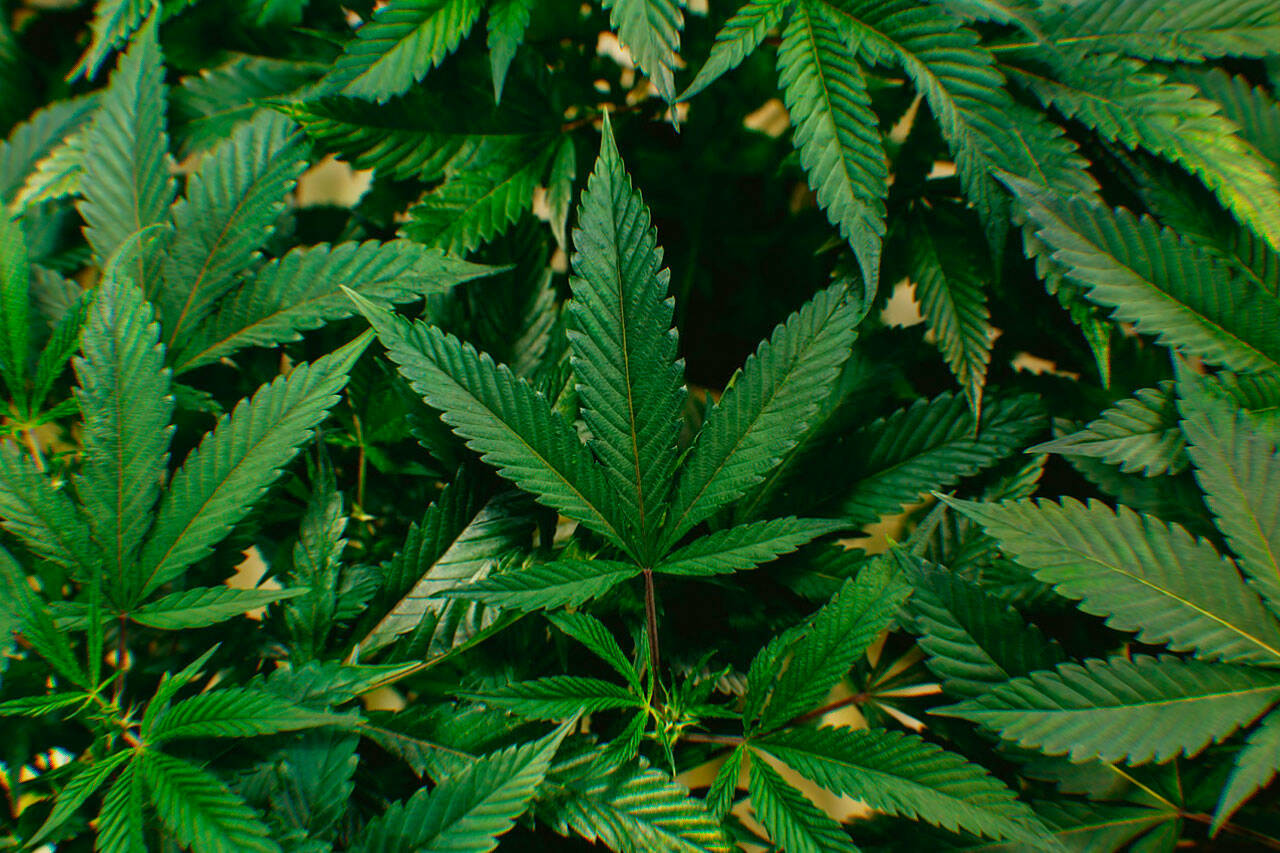"It didn't cure me, but it provided me the chance to get the rest I needed to heal, and I was able to work at a much greater level than with the pain relievers, which made me wake up foggy every day," he said. "With marijuana, I can consume it in the evening and get up with a clear head."Cannabis is a particularly efficient treatment for people who require assist with discomfort management, in addition to those with sleep disorders or anxiety; however, "there are hundreds of conditions that it deals with," Rinella said.
Medical decisions need to not be made based on advertising. Speak with a doctor on the benefits and risks of particular medical cannabis products.
The outcomes of an online survey, making up 95 individuals, included in the Journal of Alternative and Complementary Medication in 2014. The researchers discovered that individuals preferred indica strains for discomfort management, sedation, and sleep while they would go with sativa pressures to enhance energy and mood. Regarding pain management, participants reported a statistically substantial impact when using indica for: It is, however, important to keep in mind that this study had numerous restrictions.
Participants did not use the marijuana in a regulated setting, potentially resulting in differences in drug structure, dosage, and potency. Another study examined making use of naturally grown sativa and indica pressures in the treatment of several medical conditions. Simply over half of the individuals were using marijuana a green alternative recreational marijuana dispensary san diego, ca to treat HIV.
The results suggested that indica strains are most likely to improve energy and hunger, while both sativa and indica stress can ease nausea to a comparable degree. Cannabis consists of compounds that may relieve pain, queasiness, and other symptoms. The parts of marijuana that most research studies focus on for discomfort relief are cannabidiol (CBD) and tetrahydrocannabinol (THC).

CBDTHC looks like the cannabinoid chemicals that occur naturally in the body. When individuals ingest or breathe in THC, it the brain's cannabinoid receptors. This triggers the brain's benefit system and minimizes discomfort levels. THC is a psychedelic compound as it binds to cannabinoid receptors and produces an elevated frame of mind, known as a high.